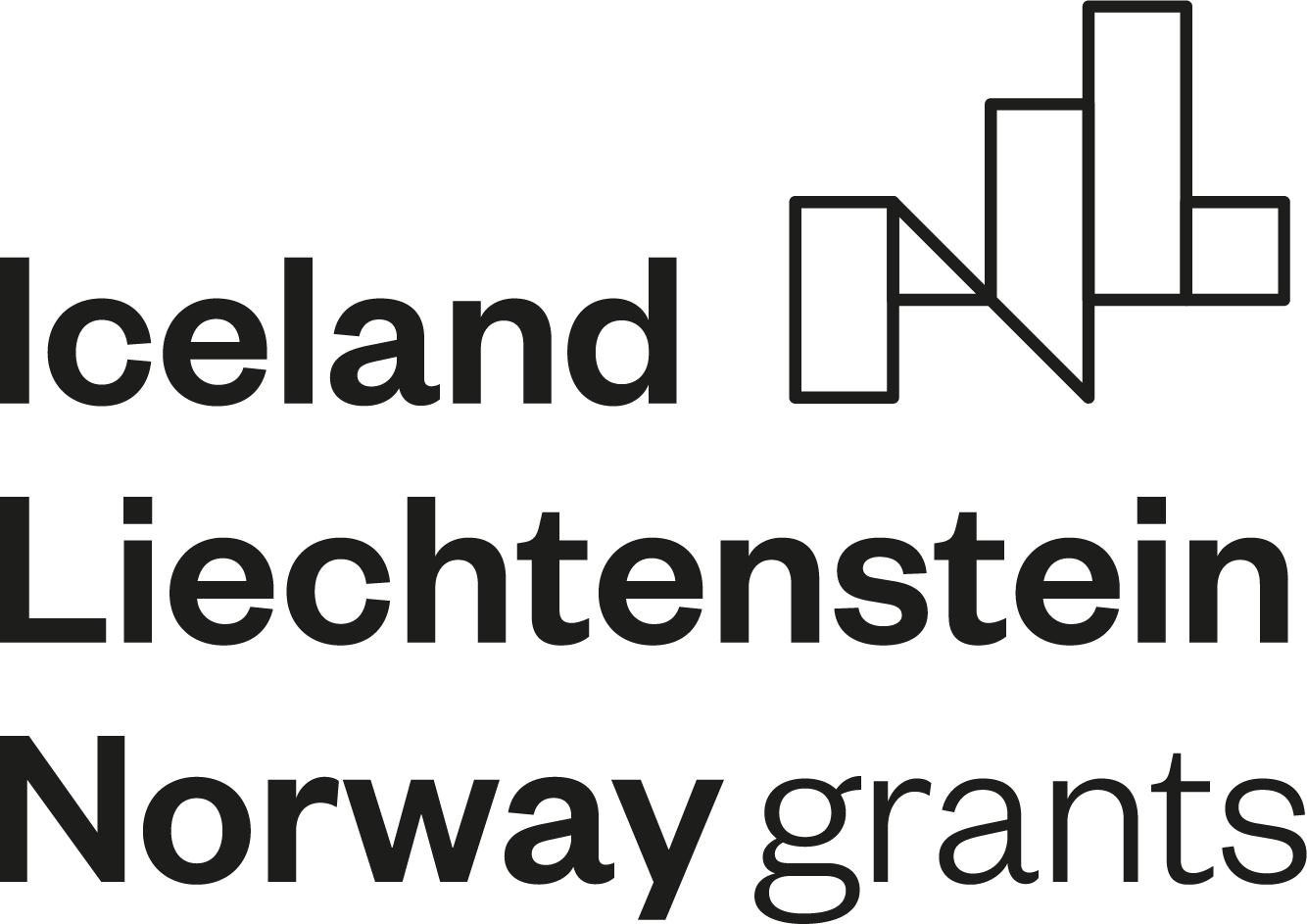Capacity building of key stakeholders in the area of geothermal energy
Podhale (Poland)
Hitaveita Hornafjarðar
Hellisheiðarvirkjun (Iceland)
KeyGeothermal
Geothermal resources in Poland are sufficient for broader use than previously, including for heating needs. Several public programmes have been initiated recently to boost the recognition of resources and develop the use of geothermal energy in Poland. Consequently, successive district heating systems are expected to be implemented (only six such systems have been operating so far). The zero-emission energy source can significantly contribute to the development of environmentally-friendly heating, local entrepreneurship, improvement of society’s life quality, and Poland’s fulfilment of national and international obligations to increase the share of renewable energy sources and mitigate climate change and achieve a zero-emission economy target.
Training addressed to the group of key stakeholders in Poland on geothermal resources, possibilities and ways of their appropriate sharing, exploitation, management, environmental, economic and social benefits, and learning the examples of good practices are among the key elements helping to fulfil the objectives.
The Project aims at the implementation of such measures. The Project key stakeholder groups include different administration levels, local governments, operators of existing and investors of intended geothermal heating plants and other geothermal facilities, geological administration bodies, research organisations, service providers, consultants, and other entities in the geothermal sector.
Training workshops in Poland, study visits in Iceland to learn examples of good practices, expert visits in selected locations in Poland, prospective for the use of geothermal energy, reports on the study visits, information and promotional activities are planned under the Project.
The Project is implemented by the Mineral and Energy Economy Research Institute of the Polish Academy of Sciences in partnership with the National Energy Authority of Iceland. They are the leading geothermal institutions in their countries. External experts will be invited to join the Project.
It is one of the three pre-defined projects executed in Poland, planned and agreed upon between the parties on the stage of negotiating the “Environment, Energy and Climate Change” Programme under the European Economic Area Financial Mechanism for 2014-2021. They are entirely financed from the Programme’s funds.
Aktualności
Events
Project partners
About EEA and Norway Grants
The European Economic Area Financial Mechanism and Norwegian Financial Mechanism (EEA and Norway Grants) for 2014 – 2021 finance projects in 15 member states.
They aim to reduce economic and social inequalities in the EEA countries and strengthen the bilateral relations between the donor states and beneficiary states.
The European Economic Area Financial Mechanism and Norwegian Financial Mechanism (EEA and Norway Grants) for 2014 – 2021 finance projects in 15 member states.
They aim to reduce economic and social inequalities in the EEA countries and strengthen the bilateral relations between the donor states and beneficiary states.
An agreement between the donor states and the European Union on the 3rd EEA Financial Mechanism and Norwegian Financial Mechanism for 2014 – 2021 was signed on 3 May 2016. Poland signed intergovernmental agreements on Norway Grants, 3rd call, and EEA on 20 December 2017. By virtue of the agreements, Poland received 809.3 million EUR (from a total of 2.8 billion EUR). The funds are devoted to the implementation of 11 programmes managed by national operators. The “Environment, Energy and Climate Change” Programme, operated by the Ministry of Climate and Environment and the National Fund for Environmental Protection and Water Management, is among them. The Programme partners include the Norwegian Directorate for Water and Energy Resources, the Norwegian Environmental Authority and Iceland’s National Energy Authority. The referenced Project is executed under the Programme. The donors manage two more ongoing programmes.
The Ministry of Investment and Development coordinates the implementation of EEA and Norway Grants in Poland.
The programmes under EEA and Norway Grants 3rd call will be implemented by 2024. (the Bilateral Cooperation Fund is the only exception – it will last until 30 April 2025).
Learn more about EEA Funds at: www.eog.gov.pl
Project co-financed by the EEA Financial Mechanism for 2014-2021, “Environment, Energy and Climate Change” Program, “Energy” Program Area, Poland.
Program operators: Ministry of Climate and Environment, NFOŚiGW



